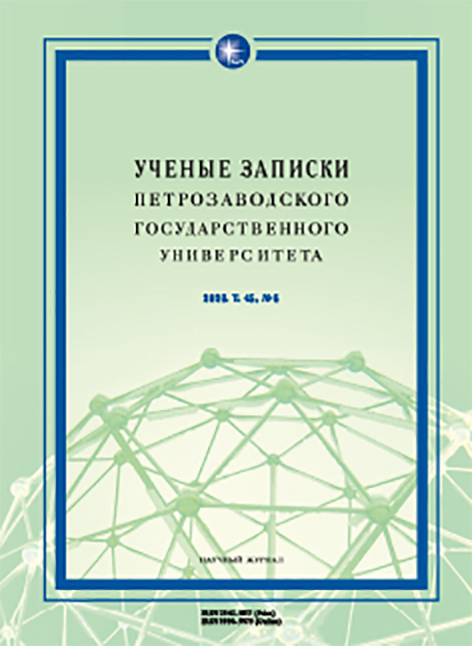КОМЕДИЯ Ю. ХЕЙЛАЛЫ «СОБРАНИЕ БУЛОЧНИКОВ»: СТРАТЕГИЯ ДОМЕСТИКАЦИИ В ПЕРЕВОДЕ ДРАМАТУРГИЧЕСКОГО ТЕКСТА
YRJÖ HEILALA’S COMEDY THE MEETING OF BAKERS: DOMESTICATION STRATEGY IN THE TRANSLATION OF DRAMATIC TEXT
Author(s): Nadezhda Stanislavovna BratchikovaSubject(s): Theatre, Dance, Performing Arts, Library and Information Science, Finno-Ugrian studies, Translation Studies, Drama
Published by: Петрозаводский государственный университет
Keywords: translation; theatrical play; translation discrepancies; Finnish language; performability of translation; domestication:
Summary/Abstract: The paper conducts comparative analysis of the original and translated text in terms of the suitability and representability of the play on the theatrical stage. The article explores discrepancies identified in the Finnish-Russian translation of Yrjö Heilala’s comedy The Meeting of Bakers. The research has found that translation discrepancies are caused by the desire to make the play suitable for the theatrical stage. The dramatic text sets the working parameters followed by the translator and actors. The author of the publication, like many linguists, sees the translation of theatrical text as its creative adaptation or version. Three factors influencing the choice of translation equivalents in theatrical translation are identified. The determining factor is the criterion of translation performability. The text is just one element of the performance (alongside actors, direction, musical accompaniment, and design). The second factor is the consideration of the auditory perception of the text, which implies not only euphony but also the attractiveness of spoken language. The words are influenced by the structural organization of this type of text. The third factor is the consideration of the stylistic features of the Russian language. Deictic words and personal pronouns are often used in speech situations. Translators can preserve dialectal expressions by replacing them, for example, with everyday colloquial vocabulary. Speaking names (surnames or toponyms) are translated while preserving national color (for example, creating anthroponyms using suffixes typical for the source language). The liveliness of language is a success in translating dramatic texts.
Journal: Ученые записки Петрозаводского государственного университета
- Issue Year: 45/2023
- Issue No: 6
- Page Range: 35-44
- Page Count: 10
- Language: Russian

